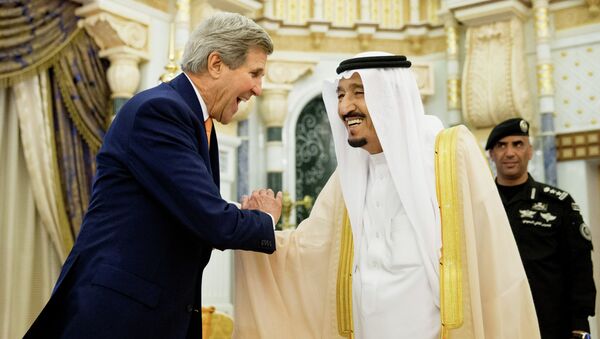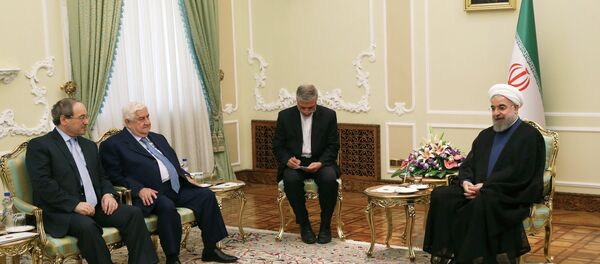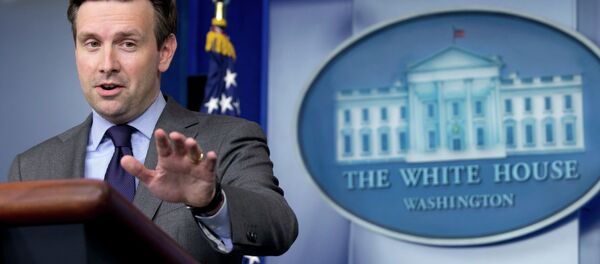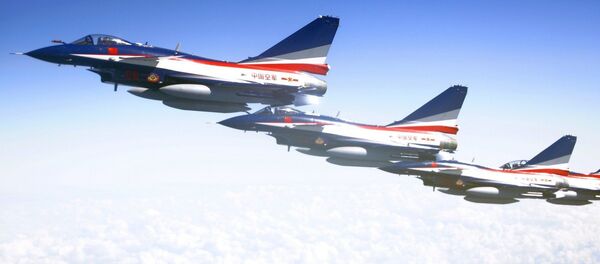No sooner was the ink dry on the Iran nuclear deal, than President Barack Obama reiterated his policy of cooperation with the Gulf Cooperation Council (GCC) in order to integrate the region's disparate anti-missile defense systems, London-based King's College doctoral candidate Aaron Stein pointed out.
"The system aims to defend against Iran's formidable arsenal of ballistic missiles and encourage the further integration of Gulf Arab military forces. This week, John Kerry met with various Arab officials, in order to reassure the region about the nuclear accord and the United States' commitment to Gulf Arabs' defense against the Iranian threat," Stein noted.
Meanwhile, Washington is bolstering its military cooperation with the GCC countries, which include Qatar, the United Arab Emirates and Saudi Arabia, as well as with Israel in order to counter the "Iranian missile threat in the long-term."
"GCC member states committed to develop a region-wide ballistic missile defense capability, including through the development of a ballistic missile early warning system. The United States will help conduct a study of GCC ballistic missile defense architecture and offered technical assistance in the development of a GCC-wide Ballistic Missile Early Warning System," a White House statement, released on May 14, 2015, read.
"These missile sales were controversial in the United States, owing to their likely violation of the Missile Technology Control Regime (MTCR)," Stein pointed out.
In addition, conventionally armed US cruise missiles and conventionally armed Chinese ballistic weapons have triggered international interest in acquiring conventional missiles for precision attacks.
"This demand creates an obvious policy problem: to combat Iran's numerically superior ballistic missile force, the Gulf States have an incentive to acquire cruise missiles for precision strikes and missile defense to intercept missiles in flight. These growing Gulf Arab capabilities will, in turn, incentivize Iran's building of more missiles to overwhelm and defeat missile defenses, while also allowing Tehran to assert its need for Russia's S-300 anti-air missile system," the scholar highlighted.
According to the scholar, this problem has no easy answers, however, US further military cooperation with its Gulf allies may reassure them that Washington will step in to defend them in the event of a military standoff with Iran.
However, the US should consider coproduction of Category II missile systems with its Arab allies while avoiding proliferation of Category I systems, he noted.
"In the coming years, the United States must walk a fine line: the strong presumption of denial for exports must remain in place, but the regional security dynamics requires greater cooperation on missile development," Stein stressed.
However, it seems that Stein dismissed an opportunity that Washington's move aimed at bolstering defense collaboration with the GCC countries and Israel could aggravate tensions with Iran in the long run and alienate the Islamic Republic from the West.




